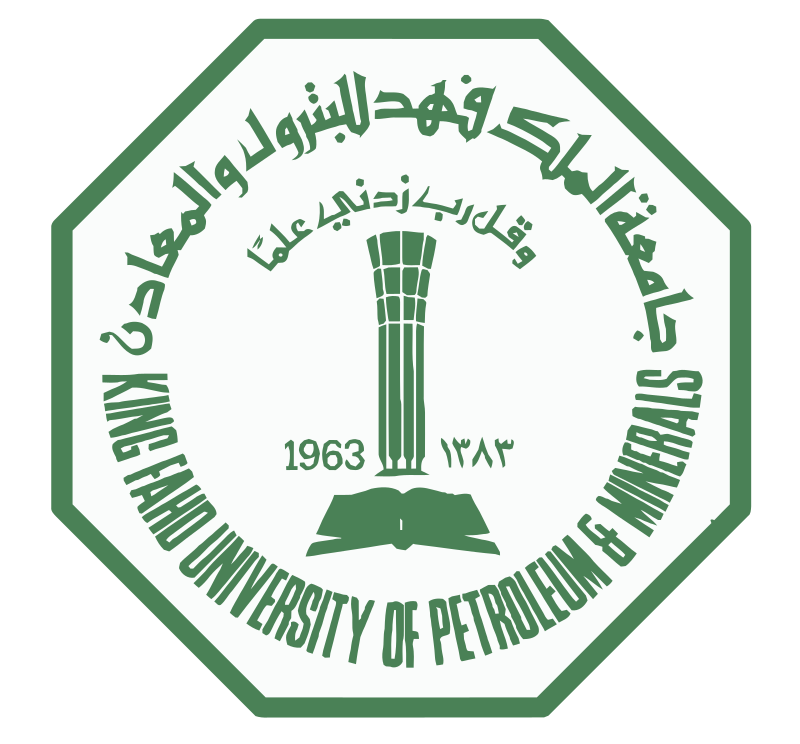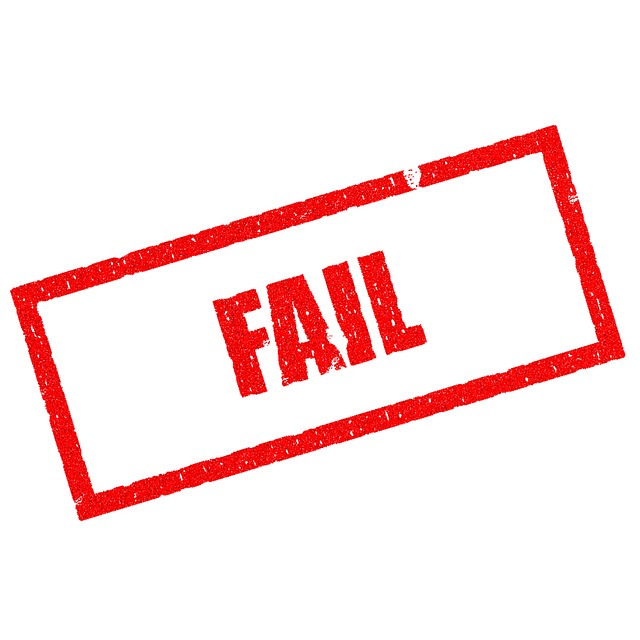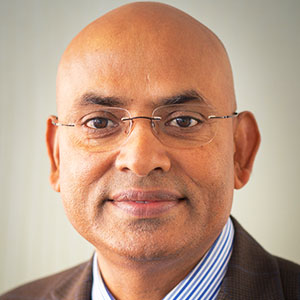Retraction Watch readers are no doubt familiar with one of the most consequential retractions of this century, namely that of the 1998 paper in The Lancet by Andrew Wakefield and others claiming a link between vaccines and autism. What they may also know is that the paper remains one of the most highly cited retracted articles of all time, as demonstrated by our leaderboard of such papers.
With that in mind, six librarians from institutions in Wisconsin had a question: ” What are the characteristics of citations of the retracted 1998 article by Wakefield et al that purported to show an association between the measles-mumps-rubella vaccine and autism?” A paper describing their findings was published on Friday in JAMA Network Open.
We asked corresponding author Elizabeth Suelzer, of the Medical College of Wisconsin, to answer several questions about the paper.
Retraction Watch (RW): Why did you decide to focus on the Wakefield paper, and what were your findings?
Continue reading Andrew Wakefield’s fraudulent paper on vaccines and autism has been cited more than a thousand times. These researchers tried to figure out why.







